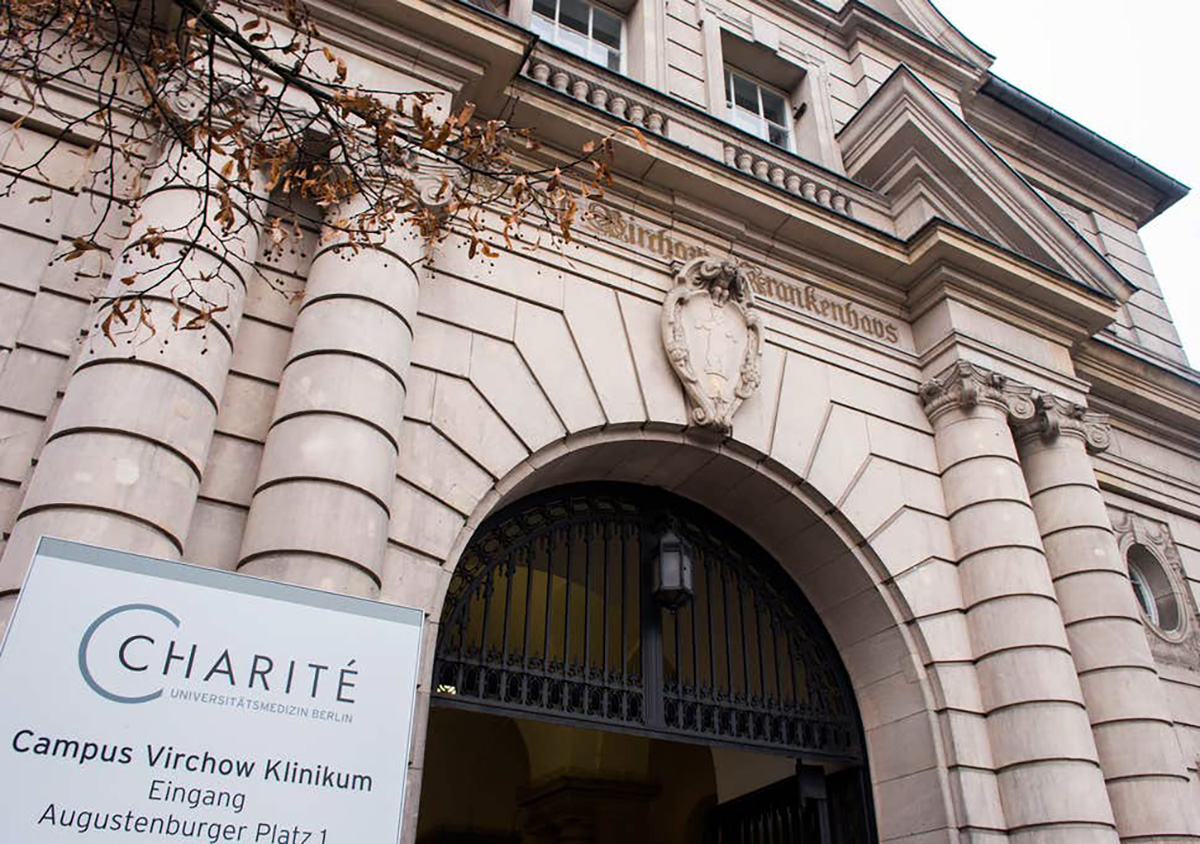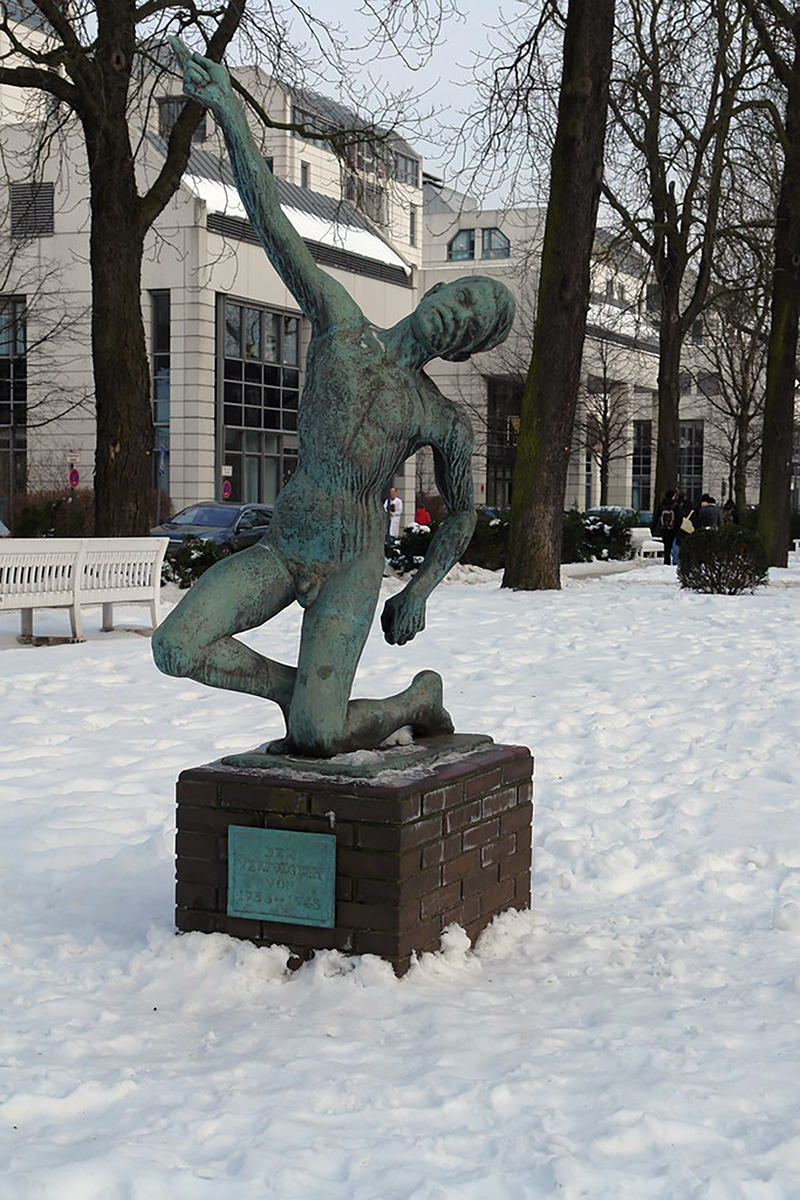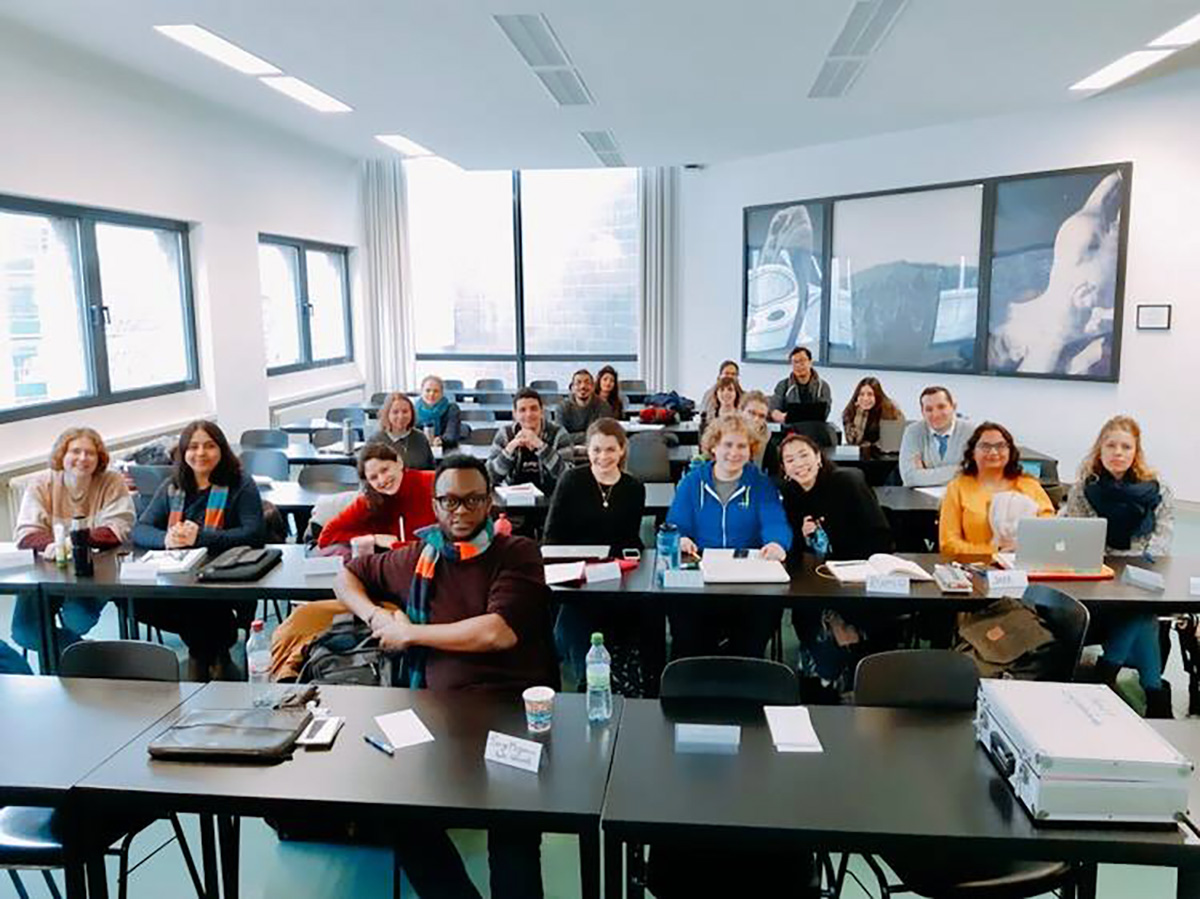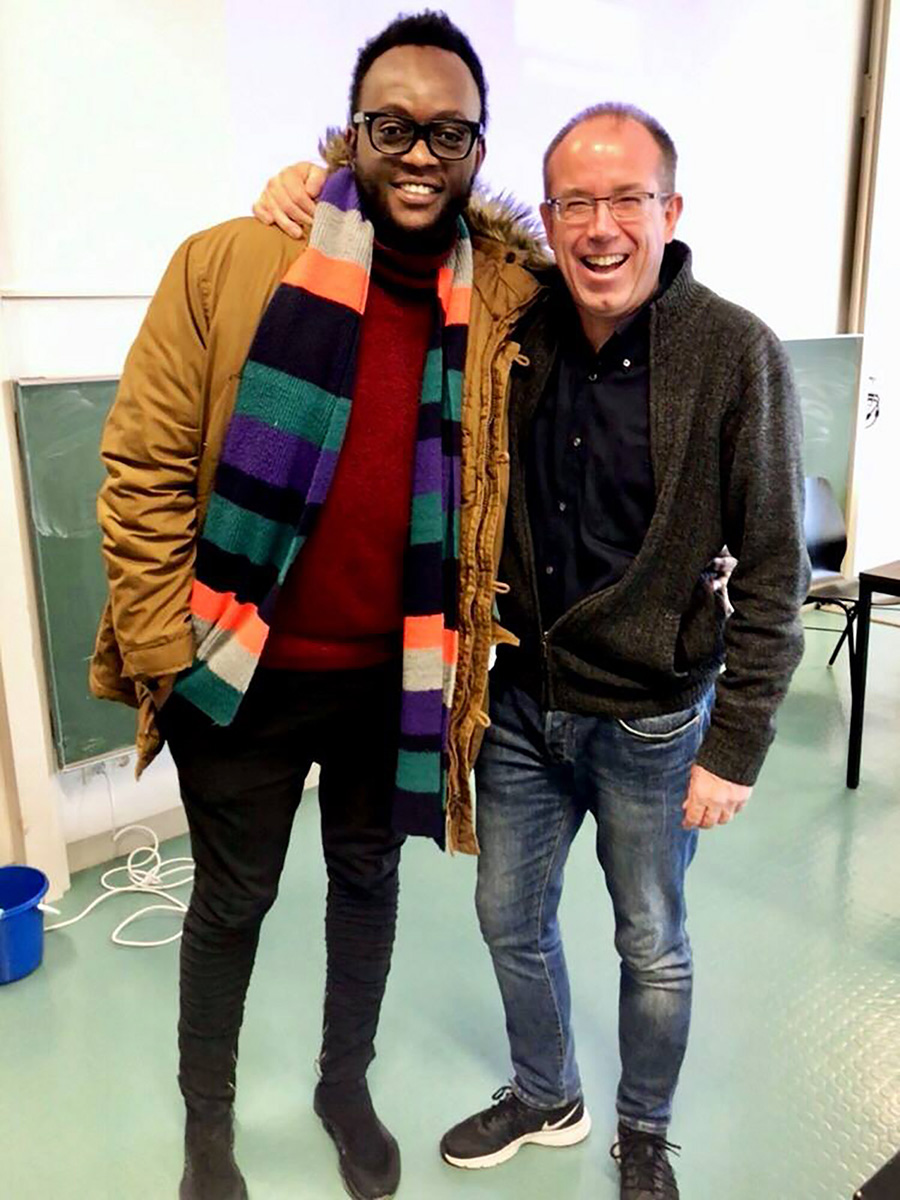Hosting Institution:
- Prof. Dr. Hans-Friedemann Kinkel, Institute of Tropical Medicine and International Health, Charié University (Berlin)
Visited Researchers and Institutions:
- Health Focus, a consultancy firm based in Potsdam that specializes in delivering high-quality implementation projects, research and evaluation studies
Course
- Designing, Managing and Evaluating Projects for Improving Health (DMEP course): Issues for Donors and Implementers, Charité University, January 21-February 1, 2019.
Duration of stay:
- January 21 – February 1, 2019
Aims:
- To establish collaboration between Kyoto University and a German University (Charité University, Berlin) with a view to planning and implementing a health-related project.
- To acquire necessary skills in order to properly develop a health-project protocol.
Motivation for AIDA application
Establishing international project for preventing healthcare-associated infection in the rural Democratic Republic of Congo (DRC)
I’ve been working on a project aiming at curbing the incidence of healthcare-associated infection in rural Democratic Republic of Congo (DRC), especially Surgical Site Infections (SSI).
Contaminated medical instruments contribute considerably to the burden of SSI in these settings where dependable electricity supply and capable sterilization equipment are lacking. Solar powered autoclaves (SPA) offer an efficient and cost-saving alternative for safe sterilization with the potential to significantly reduce SSI incidence.
My AIDA application was to initiate a collaboration with Charié University Institute of International Health and Tropical Medicine to develop and implement a SPA project in rural DRC, given their extensive experience in implementing health projects in similar settings.
Results
Received certification of DMEP course
During the 2-week DMEP course held at Charié University, I acquired the necessary skills to properly design, implement, and monitor an effective health projects, sanctioned by a test-based certificate of successful attendance.
Drafting the health project protocol
By the end of the course, I was able develop a health-improvement project protocol by expert standards which title is: “The Safe Medical Operative Procedures Project (SamPro Project): harnessing solar energy to sterilize medical instruments in rural DRC” .
Discussed future Project implementation
I initiated discussions on implementing the SamPro Project through a collaborative research framework between Kyoto University and the Charié University Institute of International Health and Tropical Medicine during a meeting with Professors Kinkel and Mockenhaupt. They recognized the relevance of this project as a joint effort to improve surgical care in resource-limited settings, although institutional matters need to be addressed first.
Obtained network with the staff at Health Focus headquarter
I could establish a connection with the DRC heath-focus project manager and we’ve been exchanging on implementation challenges and funding issues in the DRC context.

Charié University (Berlin)

Charié University Campus

DMEP Course

DMEP course coordinator Dr Peter Campbel
Outlook
The AIDA program has paved the way for the implementation of the SamPro project through a collaborative research framework involving Kyoto University and a renowned German University. While this trip to Charite University represents a stepping stone toward the realization of this project, certain critical aspects remain to be addressed, such as the elaboration of a comprehensive institutional agreement between the two institutions and the obtaining of grant to finance the project.
![[間:AI DA]: supporting international carrier development of early career researchers (ECRs)](/exchange/aida/wp-content/themes/kyoto-u-daad/img/logo-aida.png)



